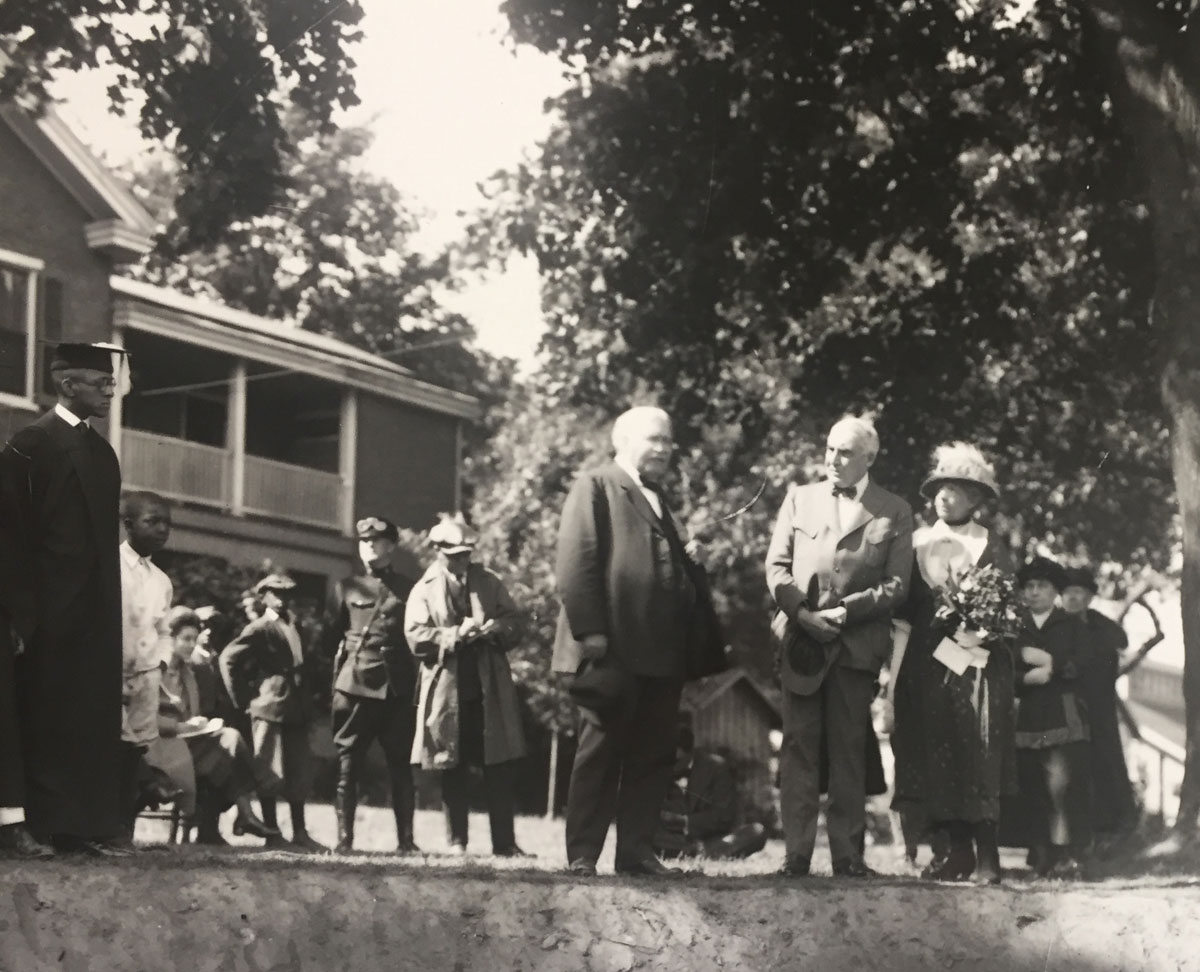
LINCOLN UNIVERSITY, Pa. – A recent article by the Washington Post details how—just three days after the 1921 Tulsa race riot—Lincoln University became the site of an important speech about race by the sitting president, Warren G. Harding.
The Washington Post article cites the 1921 Lincoln University Herald newspaper description of Harding’s visit and Commencement speech: “President Harding commended the work of the institution and contrasting the commencement scene before him with the recent riots in Tulsa, said: ‘God grant that in the soberness, the fairness and the justice of the country, we shall never again have a spectacle like it.’
Harding also used the visit to dedicate Lincoln’s beloved Alumni Memorial in honor of the “Lincoln men” who fought and died in World War I. The article cites one Lincoln graduate, Col. F.A. Denison, who led the 370th U.S. Infantry and was the sole black commander of a regiment in France.
According to Dr. Nafeesa H. Muhammad, a Lincoln history professor, "What makes Harding's visit more telling and perhaps controversial is that Jim Crow laws or the legal sanctioning of racial segregation were firmly rooted in the United States in the 1920s as African Americans faced intense racial and economic oppression in the immediate aftermath of WWI."
Washington Post author James D. Robenalt examines President Harding's actions following the Tulsa Race Riot in light of the 2020 Juneteenth celebration and the recent re-election rally held in Tulsa.